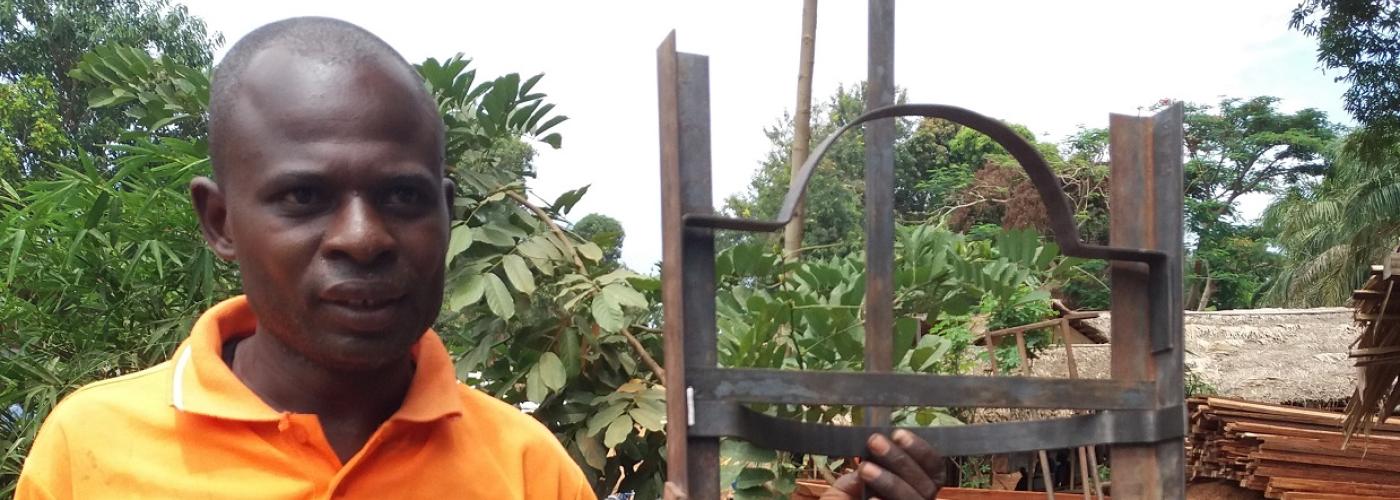General information
Title
Junior Professional Officers programme - Financing new JPO - Technical Officer, Health Services Resilience & Quality of Care for WHO in Geneva
ID
XM-DAC-2-10-8698
CRS ID
2022008698
Start date
End date
Activity status
Implementation
Budget
€160.124
Actor
UN World Health Organisation - voluntary funds WHO_OMS - WHO - PRT
Sector
Health - Basic Health - Basic health care
Aid type
Donor country personnel
Fragile state
No
Least developed country
No
Budgetline
54 35 356011 JPO-NUV Assistant Personnel multilateral co-operation
Finance type
GRANT
Tied status
No
Flow type
ODA
Body
General
The Junior Professional Officers (JPO) Programme, also known as the Associate Experts Programme, is a multilateral technical cooperation initiative sponsored by the Directorate General for Development Cooperation and Humanitarian Aid of Belgium. The Programme originaates from a United Nations Economic and Social Council resolution adopted in 1961 which approved and encouraged the collaboration of volunteers, financed by their respective countries of origin, in implementing development cooperation initiatives and programmes.
Belgium joined the Programme in 1963, and over the years has developed it into a Programme, extending its sponsorship to the Multilateral partnerl organizations with which the Belgian Government stipulated in specific agreements
It enables young professionals in the possession of a university degree with 2 years of relevant experience and not over the age of 32 years to gain in-field training and experience with the multilateral partnerorganzations of Belgium for a period of maximum three years.
This post of Gender and Human Rights Officer was designated for Belgian and EU nationals, younger than 33 years
Results
• Support the functionality of the WHO Taskforce on Quality UHC, including synthesizing technical documents and ensuring effective coordination across multiple units and departments that are involved.
• Provide technical support to a number of selected countries in the field of health services resilience for health security within the context of IHR2005, Joint External Evaluations and development of National Action Plans for Health Security. This will involve close working with a number of priority countries affected by fragile settings, which could be the foundation for the next phase of the JPO in-country placement.
• Contribute to documenting the lessons learned from the field on health services resilience work and ensure effective linkage with the WHO Global Learning Laboratory for Quality UHC.
Other
JPO has made good progress on most of my personal SMART objectives. For
instance, the JPO has been involved in the development of some important tools (PQAT, quality toolkit). The JPO has been also actively involved in the GLL day-to-day activities (learning activities) and in the reflexions around its offer. Recently, I started working on
NQPS country support with Mauritania, which I am sure will bring good work perspectives. The JPO also contributed significantly to the technical work on an activity supported by USAID on resilience. The resilience team is not the only team I had contact with.
The JPO had also the opportunity to engage with colleagues from different units (ex: HLH), as with external partners (ex:HIFA, ISQUA, etc.) However, some activities have not been prioritized for the moment, in particular due to a lack of opportunity or logically because they come after others activities. This is particularly the case for the dissemination of new evidence-based knowledge on quality of care, the implementation of the PQAT in pathfinder countries and the development of a range of advocacy materials focused on quality of care. An important element to underline is the fact that I think I was able to follow the expected distribution of the JPO work time between the three SMART objectives, giving a little bit more of time to the learning agenda.


